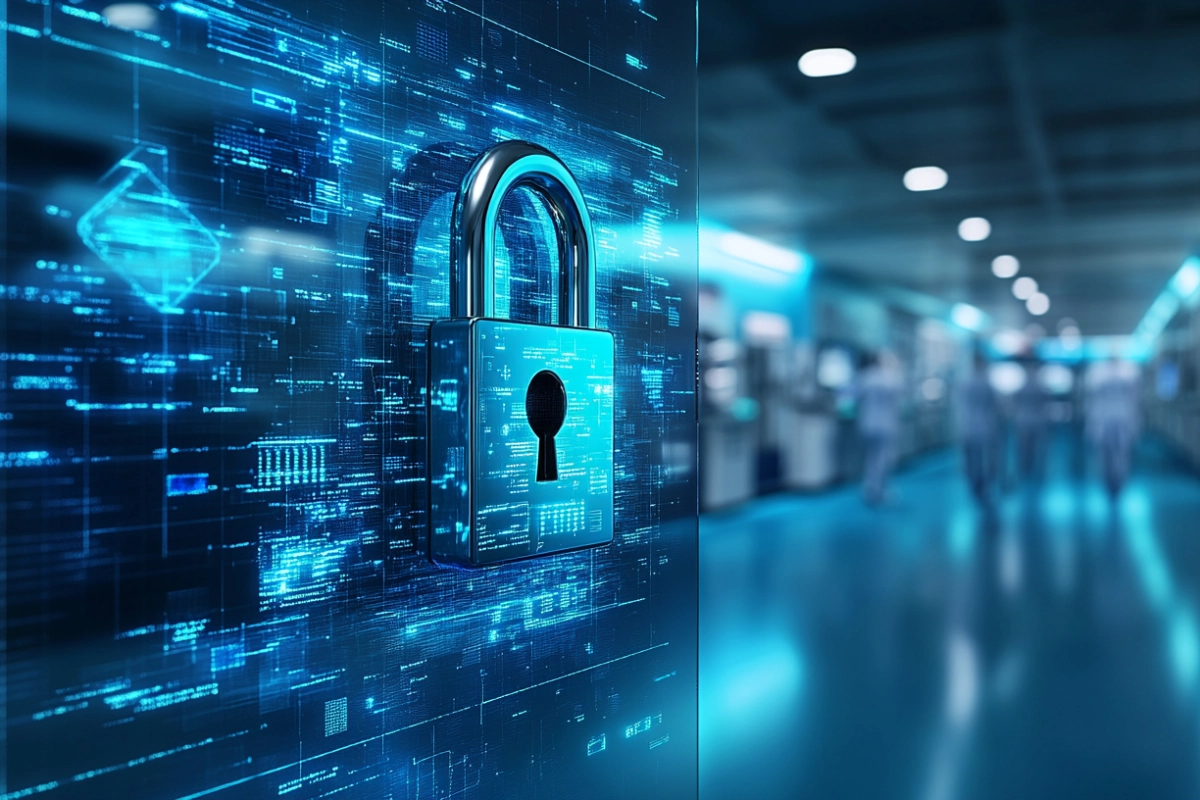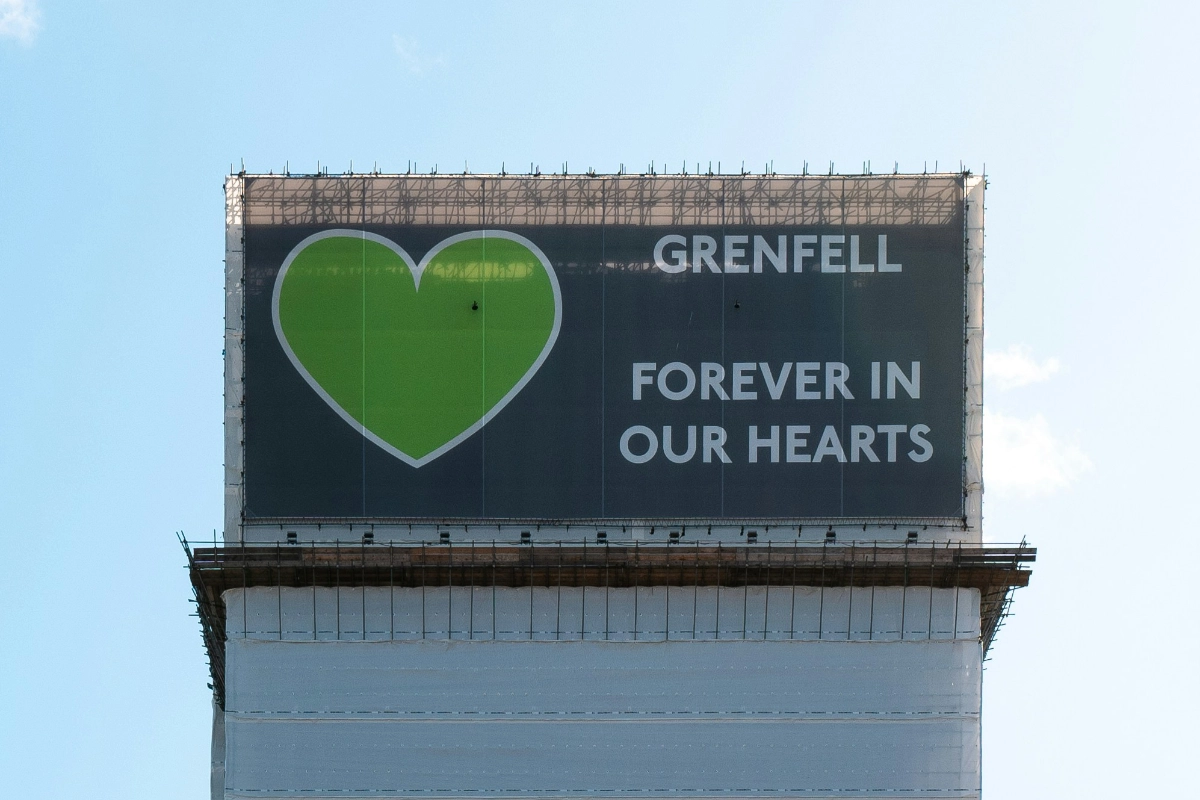
We recently had the opportunity to work alongside the great team at Glued and the hugely talented group of students at Coventry University to develop an Virtual Reality Training offering for small businesses.
Challenges of Business Continuity Plans: The Need for Creativity
All organisations should rehearse their business continuity plans, which is typically by conducting table top exercises. These tests assess the effectiveness of processes should an organisation suffer a cyber attack, loss of key person or a key supplier. However, there’s a risk that these can become formulaic or are pushed down the priority list as other business issues take precedence. In addition, rarely do table top exercises consider the skills and behaviours of the people involved. We wanted to put this critical component to the test in a fun way.
The brief therefore was simple – we asked the students to create an virtual reality training scenario that would simulate a crisis event, forcing teams with different skills to come together to resolve the scenario. Just to make it a little more complicated, the students were on summer vacation and had to collaborate remotely, only coming together the week before our event.
The student team excelled. The scenario:
Being on a spaceship, hurtling towards a black hole. Ground Control would have to work with the person on the spaceship to solve a series of challenges to avoid catastrophe.
Whilst we appreciate that this is a scenario that I suspect none of us will ever experience, it acted as a great leveller for the teams.
So, what did we learn, and how was this relevant to the organisations that our delegates were from?
Learning Points: Insights from the Space Crisis Simulation
Read the Manual
Practice Makes Perfect
Equal Voices
Time is Running Out!
Not Everyone has the Same Skill Set as You
Midway through one of the scenarios, when being asked to sort light tubes in a particular colour related order, it became apparent that one individual in the VR Headset was colour blind. In a real incident, individuals will have different strengths and weaknesses, and in a crisis scenario it is important to pull on all those strengths and accept and prepare to navigate weakness.
Not Everyone tackles problems the same way
Communication
The university filmed the event (Video below), extracting team members for interview. In a real scenario, who in your organisation will make the external communications to stakeholders? Who will interface with the media (social, TV, radio) and what will they say?
Mental Health
We observed a couple of team members during the virtual reality training who were growing increasingly anxious about their turn using the VR Headset, a stark reminder that it’s critical during an incident to keep an eye on the well-being of all the team members. Pressure and stress combined with a lack of sleep impacts people in separate ways. How will your team react if the incident continues over several days? How and when will you introduce a shift system?
Laughter
Food!
Wrap-up and Future Planning: Incorporating Lessons into Business Strategies
Whilst none of our teams during the virtual reality training were able to prevent the spaceship from crashing, there were a lot of lessons learned from the session, ranging from how they had worked together as a team, to their own personal reactions to the scenario and many more. As with any table top exercise, it is important to take actions away from the session, for them to be incorporated into the plans and for the scenario to be re-run with the improvements.
Without exception, the feedback that we received was incredibly positive. If you are interested in finding out more, or hosting your own scenario with the teams at Coventry University, ourselves and Glued please get in touch.







